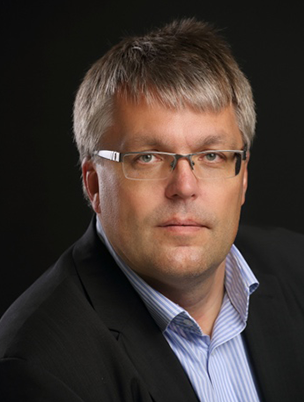Panel Discussion
WI 2019 Panel Discussion on:
Web Intelligence (WI) = Artificial Intelligence (AI) in the Connected World
17:30-18:30, Wednesday, 16 Oct
Room: Maistros A
Panel Schedule
Introduction by Chairs :
Ning Zhong, Maebashi Institute of Technology, Japan
Jiming Liu, Hong Kong Baptist University, HK China
Opening statements by Panelists (5 mins each) :
Payam Barnaghi, University of Surrey, UK
Georg Gottlob, University of Oxford, UK
Yuefeng Li, Queensland University of Technology, Australia
Eugene Santos, Dartmouth College, US
Athena Vakali, Aristotle University of Thessaloniki, Greece
Osmar Zaiane, University of Alberta, Canada
Questions and Answers
Closing remarks
Background
Web Intelligence (WI) has been a cutting-edge research area that addresses all open issues towards understanding the phenomena and developments of future AI in the connected world, which was also referred to as the Wisdom Web of Things (W2T) in the social-cyber-physical space. In the W2T, all human activities are connected and sustained with such key technologies as IoT, 5G, Cyber Security, Big Data Management, Machine Learning and AI.
The aim of this panel is to discuss and attempt to answer some of the important and intriguing questions concerning WI, for instance:
- How to achieve and benefit from a multi-disciplinary balance between research and disruptive technologies from the perspectives of Web of People, Web of Data, Web of Things, Web of Trust, Web of Agents and emerging Web (e.g., in health and smart living)?
- How to utilize the powers of human brains and man-made networks to create a better connected world in the 5G era?
- How to achieve and realize human-level collective intelligence by developing brain inspired intelligent technologies to provide services in the connected world?
The panel will discuss theories and methodologies (e.g., learning models, representations, reasoning and metrics) from the perspective of future AI in the connected world (leveraging the latest technological advances such as deep leaning and 5G), to enable us to solve the problems that we were unable to solve in the past.




